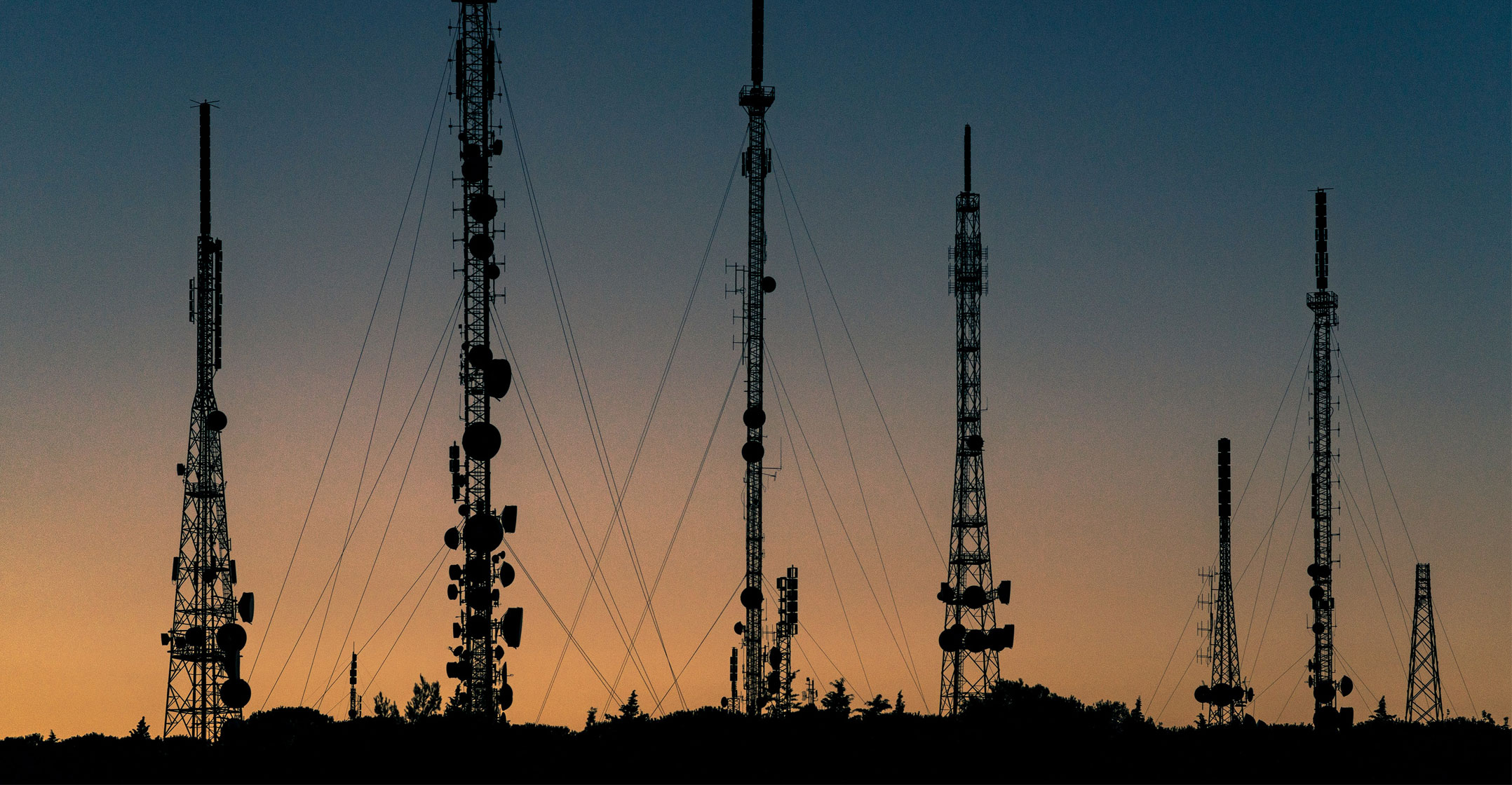 Six telecommunications companies have responded to the invitation to apply for access to radio frequency spectrum bands suitable for mobile broadband roll-out, with no real surprises among the names.
Six telecommunications companies have responded to the invitation to apply for access to radio frequency spectrum bands suitable for mobile broadband roll-out, with no real surprises among the names.
The deadline for companies to apply to take part in the auction was 28 December.
The companies that have applied to take part are Vodacom, MTN, Telkom, Cell C, Liquid Intelligent Technologies (formerly Liquid Telecom) and Rain. No international telecoms operators have elected to take part in the auction, which is set to take place by no later than 31 March 2021.
A seventh application, from an organisation called Women Building a Better Society, was disqualified as it reached communications regulator Icasa after the 4pm cut-off time on 28 December.
Under the planned auction, Icasa – through a specialist auctioneer – will make available spectrum in the 700MHz, 800MHz, 2.6GHz and 3.5GHz bands. The authority had also intended to auction the 2.3GHz band but abandoned this after objections from licensees, including Telkom.
‘Unwavering’
“The authority remains committed to defend this important process against any form of litigation, with a full appreciation of what the benefits of licensing high-demand spectrum will be for consumers and the public at large. We are unwavering in this regard,” said Icasa chairman Keabetswe Modimoeng in a statement.
Modimoeng’s remarks are clearly aimed at Telkom, which, shortly before Christmas, approached the high court to interdict the licensing process.
TechCentral first reported on 22 December that Telkom had filed papers in the high court in Pretoria seeking an interdict to stop Icasa from proceeding with the spectrum licensing process.

Telkom group executive for regulatory affairs and government relations Siyabonga Mahlangu told TechCentral that the company approached the court because it believed Icasa’s invitations to apply (ITAs) for spectrum and a planned wholesale open-access network had fundamental flaws that could entrench the “dominance” of Vodacom and MTN.
Telkom asked for temporary relief against Icasa, preventing the regulator from processing, assessing or adjudicating applications. It wants the court to review and set aside Icasa’s decision to issue the two ITAs.
One of Telkom’s main gripes is that Icasa issued the ITAs knowing that the 700MHz and 800MHz bands – the so-called digital dividend bands used by analogue television broadcasters – were not yet available for use by telecoms operators. Despite this, Icasa was pushing ahead with the licensing of these bands and would expect payment for them despite the inability by successful applicants to use them, Mahlangu said.
Telkom also challenged the ITAs on other grounds, including that Icasa “pre-empted the outcome of the mobile broadband services inquiry”, Mahlangu said.
“By licensing this spectrum without completing this inquiry, Icasa has removed spectrum as one of the levers it can use to promote competition in the sector. It is substituting that with a process that is not public. In our view, an internal process, called the competition assessment, cannot be a replacement of a public statutory process.”
He said Icasa’s design of the auction, as a result, would not promote optimal competition in the sector. “On the contrary, the way the auction is designed will result in competition being stifled and the entrenchment of the duopoly structure of the market.” — © 2020 NewsCentral Media




